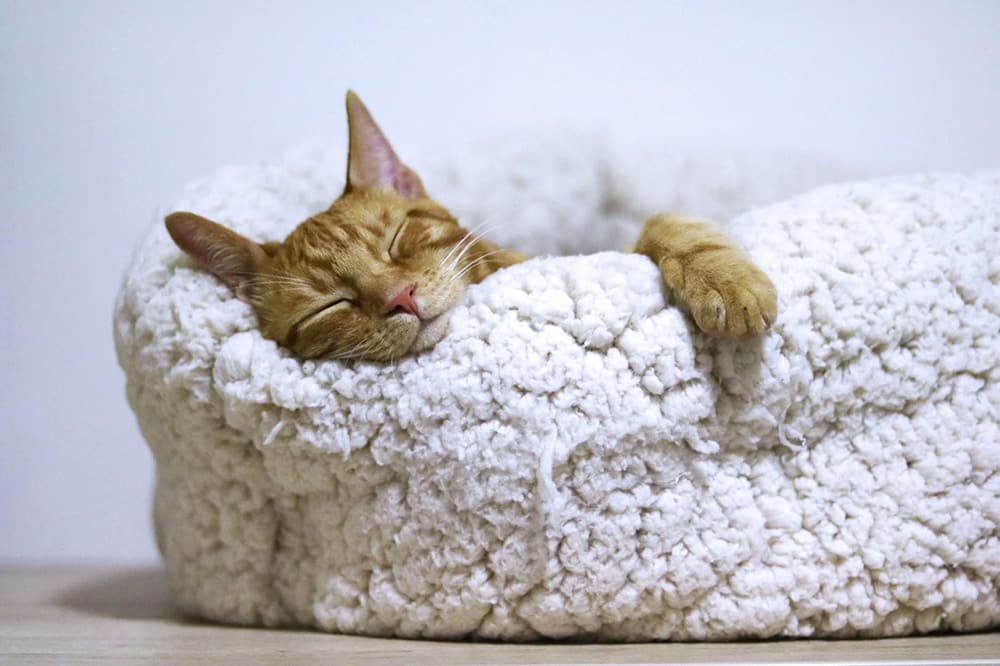
When decorating a home, many people focus on the way it looks. And understandably so; it’s natural to want to spend time in an environment that you find appealing.
However, home decor should be about more than simply picking on-trend colours. The choices you make could influence your mood and stress levels, and even how you interact with others.
By making a few changes to your home environment, while still keeping the colours that you love, it’s possible to transform your everyday life for the better.
Consider Feng Shui
Most people have heard of Feng Shui without ever being exactly sure what it is. The concept is simple. As humans, we are connected with our environment and the flow of energy. To live in a harmonious way, it’s essential to allow this flow of energy to continue without interruption and to have a balance of all other elements around us.
It’s possible to find specific Feng Shui guides for each room, such as the kitchen, lounge and bedroom. However, as a basic introduction, you just need to keep the room clear and uncluttered – and dedicated to its primary purpose.
For example, you shouldn’t use your bedroom as a storage facility. Under your bed, there shouldn’t be anything other than pillows, blankets and bedding. This ensures that you keep the right energy circling around while you sleep.
Traditional Feng Shui also draws upon the five natural elements: fire, water, earth, metal and wood, as well as a Bagua, i.e. an energy map of your home. By focusing on highlighting key areas, such as family, career or wealth, you can attract abundance and repel negativity.
Feng Shui Examples and Tips
Although Feng Shui is a traditional philosophy from eastern culture, modern experts agree that its core principles are beneficial and can help to reduce stress.
Advice from contemporary experts often follows similar patterns to feng shui without realising.
For example, if you want to create a social space to hang out with friends, the right seating is important. You’ll need to be facing each other, but at the right distance to invite intimacy without being cramped.
In your bathroom, you should create a peaceful haven. A minimalist approach works well, perhaps accented by candles and plants. Research shows that people feel less stressed when surrounded by less clutter so this simple step can improve well-being.
The common theme is clearing out anything unnecessary and allowing space in each of your rooms for your chosen purpose. Whether it’s an area for your desk and computer or a relaxation zone, be mindful about what you want to achieve when decorating each part of your home.
One other fantastic idea is to create a personal meditation space in the quietest nook in your home. Make sure to decorate it with relaxation in mind, such as adding Cozy cushions and soft blankets. You don’t need to knock down walls or spend a fortune to achieve this. Some soft furnishings are usually all you need and can be found at discounted prices using Kohl’s weekly ads online and other popular online retailers, for example Pottery Barn.
Our Other Top Tips
It’s surprisingly easy to create a home environment that works to support your wellbeing. It doesn’t matter whether you have a large or small space. Try these top tips:
• Open-plan living is fine but make sure to create mini “zones” with a clear purpose and boundary for each area
• Make sure you have some clear surfaces – this relaxes the brain
• Be open to completely redesigning your decor if you’ve moved on from a phase in your life – don’t hang on to things just because you liked them in the past
• You don’t need to get rid of everything Marie Kondo-style but make sure what you do have resonates and is meaningful
• Avoid plain white walls; studies show the absence of colour makes it stressful, not calming
• Look for items which constantly change, such as light-reflecting decorations, a fish tank or a plant. This helps with mindful focus.
• Don’t keep rooms for “best” – get maximum use from every part of your home
• Surround yourself by what inspires you and you’ll feel instantly uplifted every day.
What If Feng Shui Is Not for You?
If that sounds too complicated, it’s enough just to be conscious of the flow of energy around your home, and in particular how it enters. Keep your front door clear, clean and uncluttered and allow each space in your home to have a clear purpose. This helps to focus your mind, reduces stress levels and makes life feel easier to deal with.
Your home should be your personal sanctuary no matter what, and you can make it so without calling in the builders!







